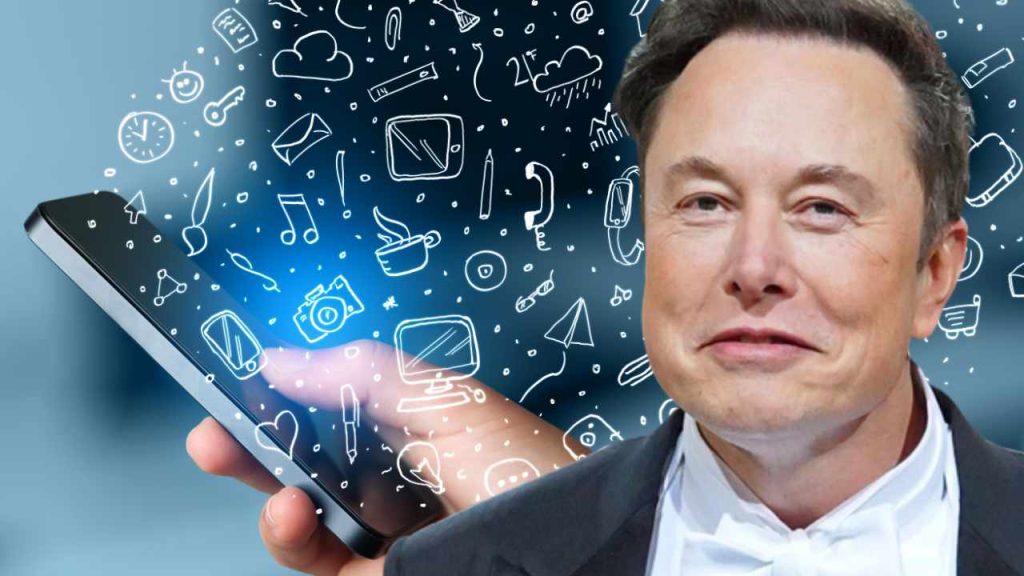Why is Elon Musk suddenly considering developing a “everything app,” and what exactly does it entail? The debate emerged on Tuesday when Tesla Inc’s wealthy CEO reconsidered his prior decision not to purchase Twitter Inc. Musk is now prepared to go forward with his initial plan to acquire Twitter for $44 billion, and he tweeted late Tuesday, “Buying Twitter is an accelerant to developing X, the everything app.”

The notion of a “everything app,” sometimes known as a “super app,” is extremely popular in Asia, and IT companies all over the world have attempted to emulate it.
A super app, also known as a “everything app” by Musk, has been described as the Swiss army knife of mobile applications, providing users with a range of features including as texting, social networking, peer-to-peer payments, and e-commerce buying. According to Scott Galloway, a New York University professor of marketing and co-host of the tech podcast “Pivot,” these mega applications are extensively utilised throughout Asia since mobile is the primary mode of internet access for many individuals in the area.
According to one estimate, the Chinese mega app WeChat has more than 1 billion monthly users and is a pervasive aspect of daily life in China. Users may use the app to hail a cab or taxi, send money to friends and family, and pay for goods at businesses. According to the South China Morning Post, certain Chinese localities began testing WeChat for an electronic identity system linked to users’ accounts in 2018.
Grab, Southeast Asia’s biggest mega app, provides food delivery, ride-hailing, on-demand parcel delivery, and financial services and investment.
Musk stated in a June question-and-answer session with Twitter workers that there is no comparable to a super app like WeChat outside of Asia.
Adding new tools and services to Twitter might also help Musk meet the company’s high growth targets. During the staff Q&A, Musk stated that he wants Twitter to grow from its current 237 million users to “at least a billion.”
According to texts obtained during the discovery phase of Musk’s lawsuit against Twitter, Musk and members of his inner circle texted discussed the notion of introducing digital payments to the social media platform many times.
Yes, Snapchat parent company Snap Inc previously introduced peer-to-peer payments dubbed Snapcash, but the function was discontinued in 2018. It also made a push into mobile gaming, which it just discontinued as part of cost-cutting measures.
Facebook and Instagram, both owned by Meta Platform Inc, have attempted to extend beyond social networking and messaging into e-commerce.











